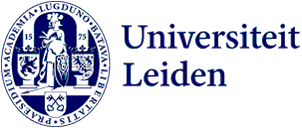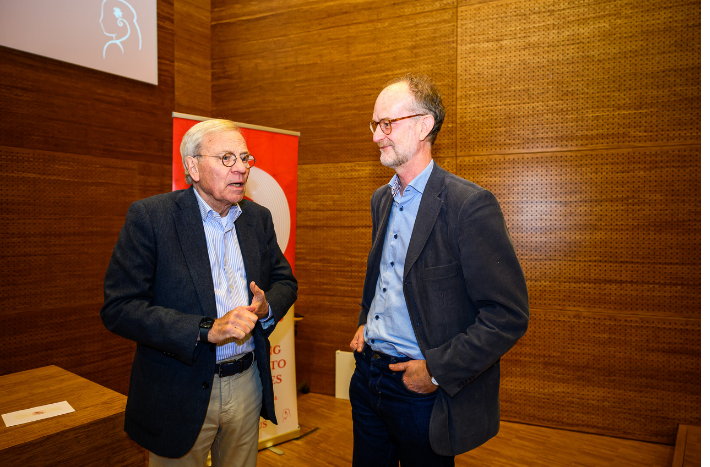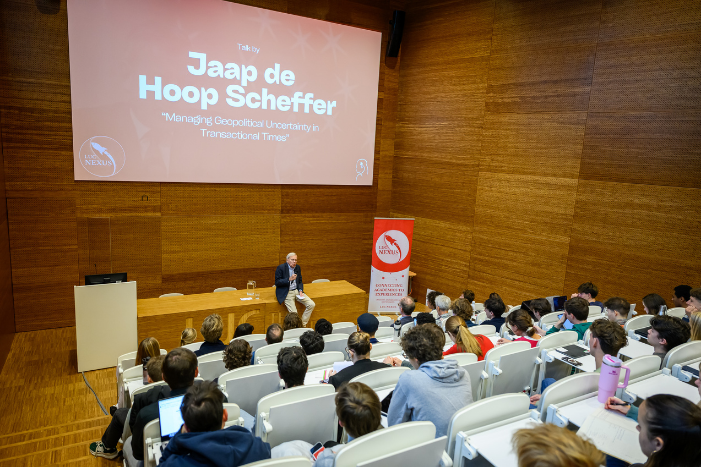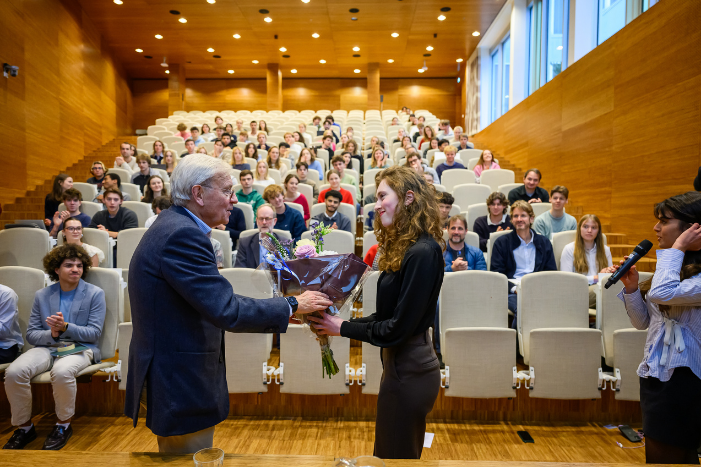
In a world without certainty: Jaap de Hoop Scheffer’s call for European resolve
Jaap de Hoop Scheffer, former Minister of Foreign Affairs of the Netherlands and Secretary General of NATO, has returned to Leiden University College as an emeritus professor to reflect on a world defined by instability, shifting alliances, and the return of great power politics. ‘I have never seen times as uncertain as the present’, he said.
A world in transition
Opening his talk, De Hoop Scheffer described today’s geopolitical climate as the most unpredictable he has witnessed in over fifty years of public service. ‘I have never seen times as uncertain as the present,’ he said, tracing this uncertainty from the aftermath of the Second World War to the fall of the Berlin Wall and beyond.
Europe, he noted, once believed it had reached ‘the end of history’. A phrase borrowed from political scientist Francis Fukuyama. ‘We thought we had won,’ he remarked. ‘We were sitting on the beach, enjoying the peace dividend, and others took over the job for us.’ What followed, he argued, was complacency. While Europe enjoyed stability, new powers emerged, and autocracies strengthened their grip.
Europe’s role in a fragmented world
Returning to the present, De Hoop Scheffer warned that globalization has given way to ‘an era of hard power.’ Europe, he argued, must adapt to a world where autocracy is on the rise and alliances are tested.
The challenge for Europe, he stressed, lies in its inability to ‘speak the language of power.’ To secure its future, the continent must develop credible defense capabilities, strengthen its internal market, and foster unity in leadership. ‘We cannot always subcontract our security,’ he said. ‘Europe must be able to defend itself.’
Still, he remained pragmatic about the limits of multilateral institutions. While NATO and the EU remain essential, he foresees more coalitions of the willing. Smaller groups of nations cooperating on specific issues when consensus among 27 or 32 members proves impossible.
Questions from the next generation
During the Q&A, students engaged De Hoop Scheffer on a wide range of issues. From dealing with autocratic regimes to the geopolitical implications of climate change. When asked how democracies should respond to authoritarian trends, he advised balancing principle with diplomacy. ‘There are limits to what we can accept, but diplomacy requires skill,’ he said.
One student asked whether fear, greed, or apathy drives today’s global instability. De Hoop Scheffer’s answer was simple: ‘Fear. I worry for my grandchildren’s generation. Our societies are unprepared for disruption, and fear might be the force that finally drives change.’
De Hoop Scheffer closed on a note of cautious optimism. The crises Europe faces, he suggested, can also strengthen it. ‘Putin and Trump deserve credit, ‘he said with a smile. ‘They are the best ambassadors for European integration.’
This talk was organised by the student committee LUC Nexus. The committee bridges the gap between academics and experiences by connecting students with the professional environment of The Hague and beyond. To learn more about LUC Nexus and stay up to date with their activities, follow them on LinkedIn.



